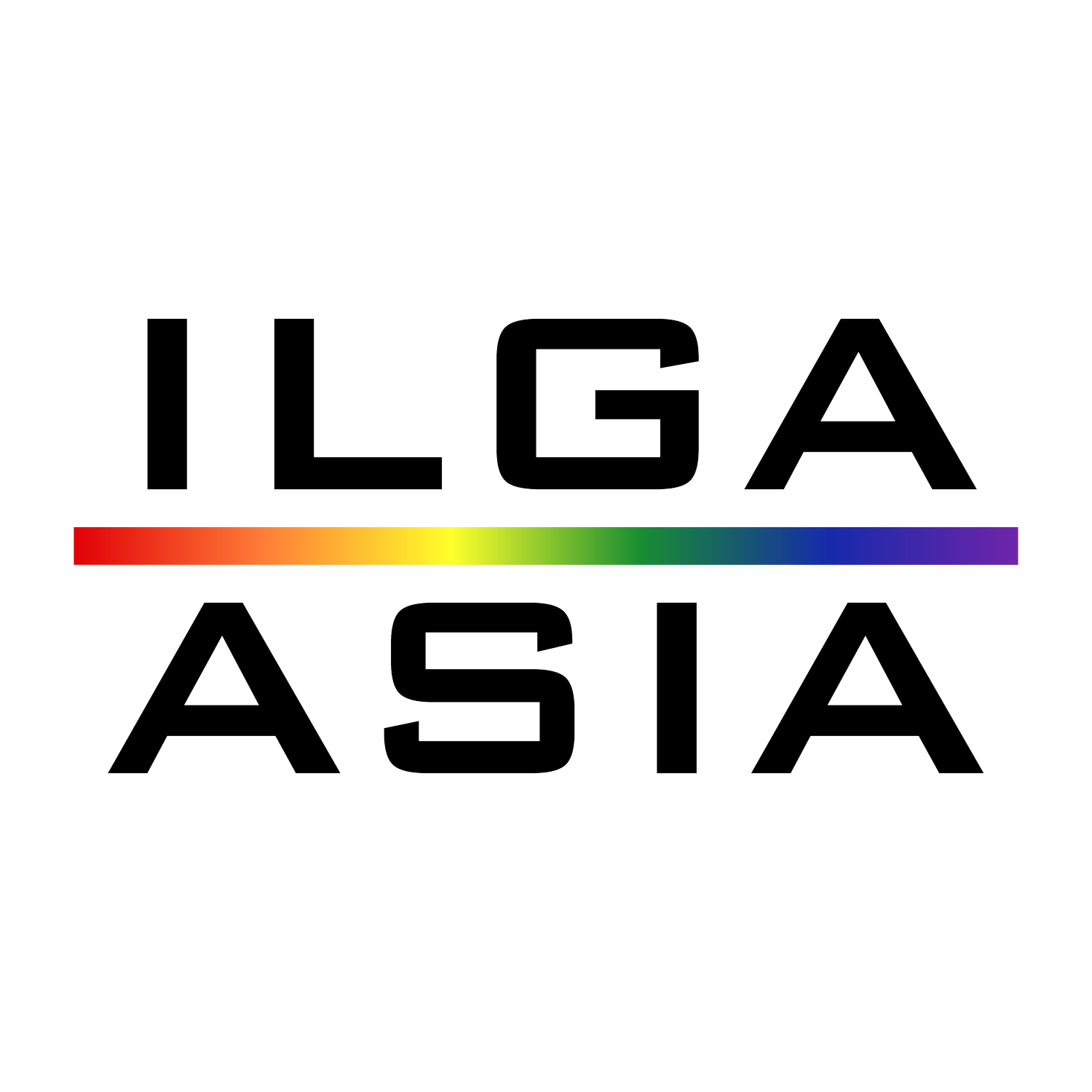Cambodia LGBTIQ Rights Report 2021: Rainbow In the Rain
Executive Summary
This study discusses the current social context of Cambodia and how it affects LGBTIQ people. While, there is a growing acceptance, especially from urban societies, there is a limited understanding of sexual orientation and gender identities and a general preference to heteronormative identities resulting in stigma and discrimination towards LGBTIQ people. This notion also leads to a negative notion about LGBTIQ people in their role as family members. The engagement on LGBTIQ issues in the public is also very limited even from the LGBTIQ politicians who occupy high positions in the public sector.
The study shows the current challenges that LGBTIQ people face in Cambodia. It discusses issues of non-recognition non-heteronormative marital relations, discrimination in the employment sector and the need for ‘explicit’ protection in the law to counter the same, health issues like high anxiety and depression among LGBTIQ population exacerbated by family violence resulting from SOGIESC issues, HIV transmission and limited services of hormone therapy, and bullying and discrimination faced by LGBTIQ students in schools from teachers and fellow students.
In Media, LGBTIQ people are not portrayed positively which perpetuates discrimination against them. Negative notions about LGBTI people arising from the Cambodian culture continue to dominate the media narrative.
LGBTI people still cannot officially claim their identities on their ID cards or obtain legal documents to show their relationships with their partner, for marriage, or adoption. Negative attitudes of government officials and non-implementation of LGBTI-friendly policies also create further challenges.
Keeping the above-mentioned challenges in mind, the study suggests the following key priorities:
a. Using technology and social media to continuously mobilize LGBTI people.
b. Increasing awareness through SOGIESC and human rights workshops, training, tools, materials and integration of SOGIESC issues in education curriculum will aid in increasing acceptance of LGBTI people.
c. Creating possibilities of future interventions to address causes of discrimination in the employment sector along with exploring options of microfinancing to help LGBTI people engage in self-employment opportunities.
d. To address, inadequate health care provisions for LGBTI people, gender-affirming policies, access to healthcare, and free provisions of condoms and counselling to prevent HIV transmission should be prioritised.
e. Existing LGBTI civil society organisations can work as a role model for upcoming organisations and help them with capacity building, technical support, and fundraising.
f. Increase in the number of youths, civil society organisations, greater acceptance in private sector, increasing engagement on UPR, and the ever increasing efforts of the LGBTI community are some opportunities which can help the LGBTI people and the civil society organisations working on the issues of these people to help face these challenges in the future.




